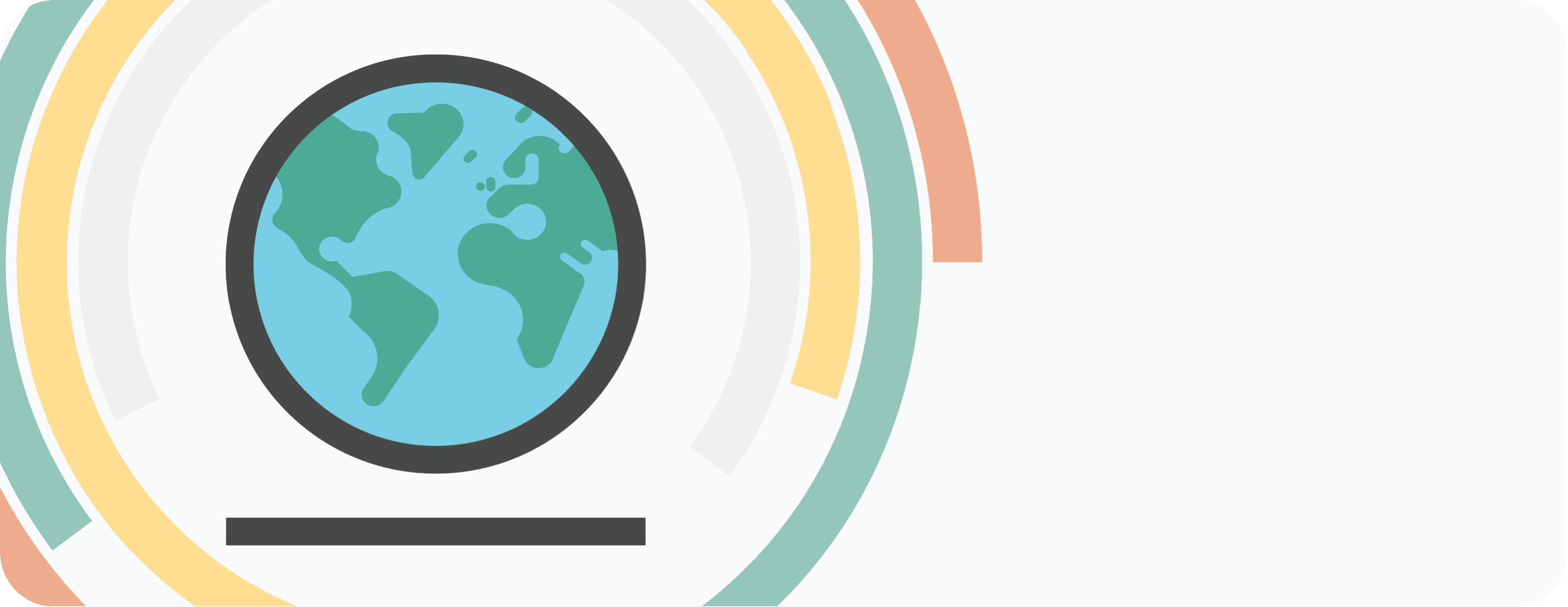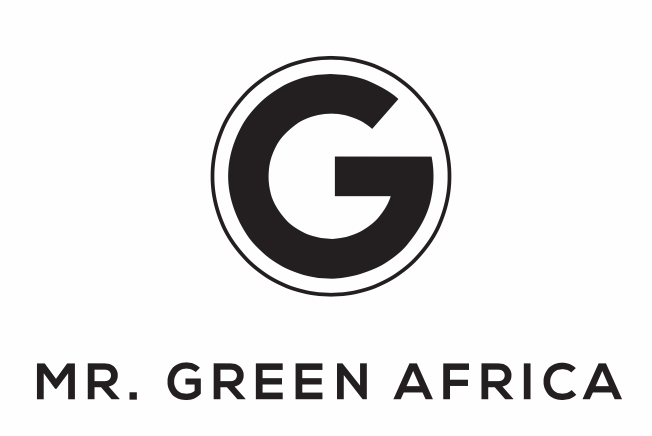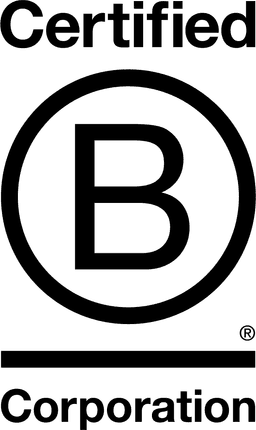

MR. GREEN TRADING AFRICA (KENYA) LIMITED

1.6
Nairobi, Kenya
March 2021
Materials recovery & recycling
Manufacturing
Kenya
Mr. Green Africa, the first recycling company to be a Certified B Corporation on the African continent, leverages business as a force for good to realize sustainable, long-term social, environmental and economic impact through the collection, conversion and selling of post consumer plastic waste. Our technology driven plastics collection model enables waste collection at the source, integrating informal waste workers, micro-entrepreneurs and consumers into our formal value chain, increasing the amount of post-consumer plastic waste Mr. Green Africa collects and providing stakeholders the chance to earn a fair, predictable and transparent income and benefits. Our world class processing equipment, housed at our factory in Nairobi Kenya, allows Mr. Green Africa to convert locally collected plastic waste into high-quality post consumer recyclates (PCR) and sell it as a substitute to imported virgin plastics at competitive rates. To close the loop, Mr. Green Africa works closely with brand owners and third party plastics manufactures to develop and execute three-way off take agreements for high quality PCR, helping FMCGs and others realize their sustainable packaging goals by accessing ethically sourced, locally produced PCR.
Overall B Impact Score
Governance 19.6
Governance evaluates a company's overall mission, engagement around its social/environmental impact, ethics, and transparency. This section also evaluates the ability of a company to protect their mission and formally consider stakeholders in decision making through their corporate structure (e.g. benefit corporation) or corporate governing documents.
What is this? A company with an Impact Business Model is intentionally designed to create a specific positive outcome for one of its stakeholders - such as workers, community, environment, or customers.
Workers 21.8
Workers evaluates a company’s contributions to its employees’ financial security, health & safety, wellness, career development, and engagement & satisfaction. In addition, this section recognizes business models designed to benefit workers, such as companies that are at least 40% owned by non-executive employees and those that have workforce development programs to support individuals with barriers to employment.
Community 24.0
Community evaluates a company’s engagement with and impact on the communities in which it operates, hires from, and sources from. Topics include diversity, equity & inclusion, economic impact, civic engagement, charitable giving, and supply chain management. In addition, this section recognizes business models that are designed to address specific community-oriented problems, such as poverty alleviation through fair trade sourcing or distribution via microenterprises, producer cooperative models, locally focused economic development, and formal charitable giving commitments.
What is this? A company with an Impact Business Model is intentionally designed to create a specific positive outcome for one of its stakeholders - such as workers, community, environment, or customers.
Environment 48.2
Environment evaluates a company’s overall environmental management practices as well as its impact on the air, climate, water, land, and biodiversity. This includes the direct impact of a company’s operations and, when applicable its supply chain and distribution channels. This section also recognizes companies with environmentally innovative production processes and those that sell products or services that have a positive environmental impact. Some examples might include products and services that create renewable energy, reduce consumption or waste, conserve land or wildlife, provide less toxic alternatives to the market, or educate people about environmental problems.
What is this? A company with an Impact Business Model is intentionally designed to create a specific positive outcome for one of its stakeholders - such as workers, community, environment, or customers.
Customers 3.3
Customers evaluates a company’s stewardship of its customers through the quality of its products and services, ethical marketing, data privacy and security, and feedback channels. In addition, this section recognizes products or services that are designed to address a particular social problem for or through its customers, such as health or educational products, arts & media products, serving underserved customers/clients, and services that improve the social impact of other businesses or organizations.